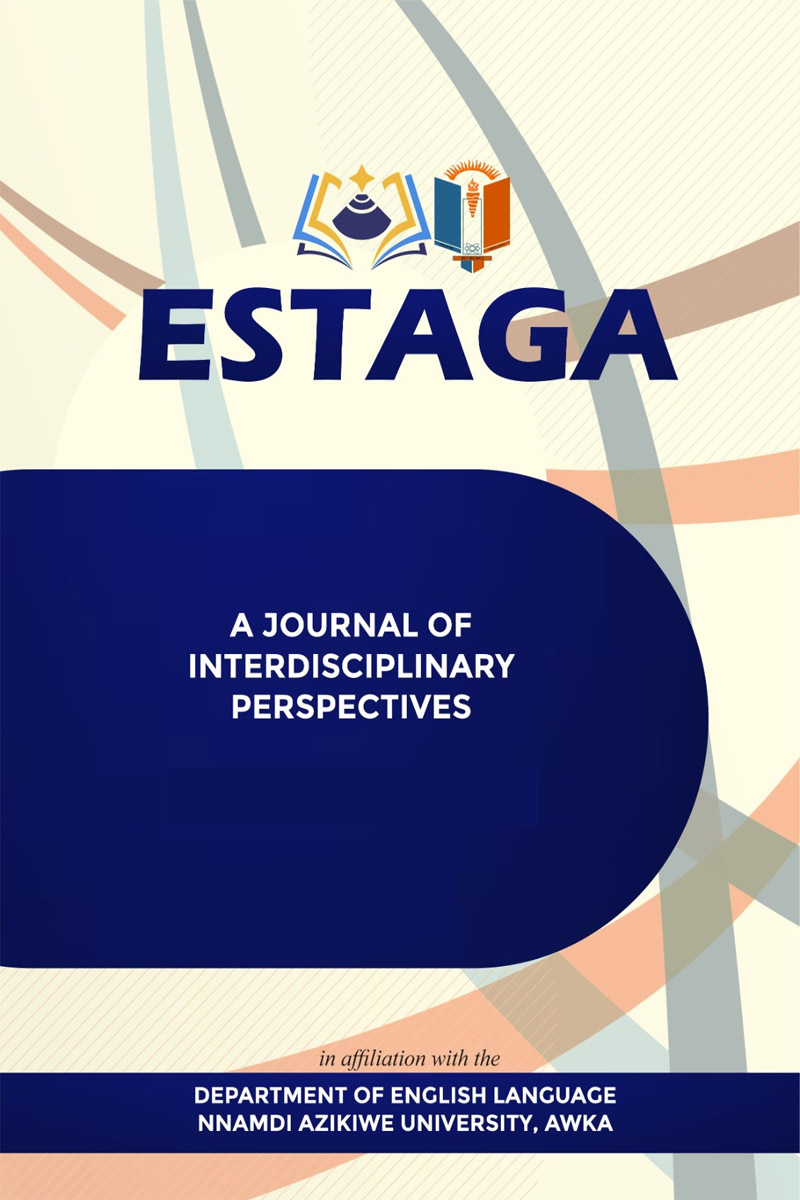A Philosophical and Ethical Critique of Abortion: Evaluating Moral Boundaries in Light of Freedom and Responsibility using Nigeria as a case study
Abstract
The moral controversy surrounding abortion remains a central topic in contemporary ethical discourse, raising profound questions about the beginning of human life, the scope of individual freedom, and the responsibility one holds toward others. This paper provides a philosophical and ethical critique of abortion, with particular focus on the widely debated arguments of Judith Jarvis Thompson in A Defense of Abortion. Thompson challenges traditional anti-abortion positions by asserting that even if the fetus is granted personhood and the right to life, this does not necessarily override a woman’s right to control her own body. Her analogies, such as the violinist scenario, are explored and critically analyzed in this work. While acknowledging the complexity of pregnancy resulting from both consensual and non-consensual acts, this study argues that moral law, rooted in natural reason and human dignity, imposes limits on personal freedom—especially when another life is at stake. The research delves into the metaphysical question of when life begins, the difference between potential and actual life, and the slippery slope implications of redefining human value. Through a balanced examination of ethical theories, including deontology and consequentialism, the paper highlights the intrinsic moral tension between autonomy and the duty to protect life. This research aims to establish that although abortion may be justified legally under specific circumstances, it is ethically problematic when evaluated through the lens of natural moral law and the principle that freedom must be exercised with responsibility. Ultimately, it seeks to reaffirm the sanctity of life and calls for a deeper ethical reflection on human actions in the face of modern societal pressures and values.


